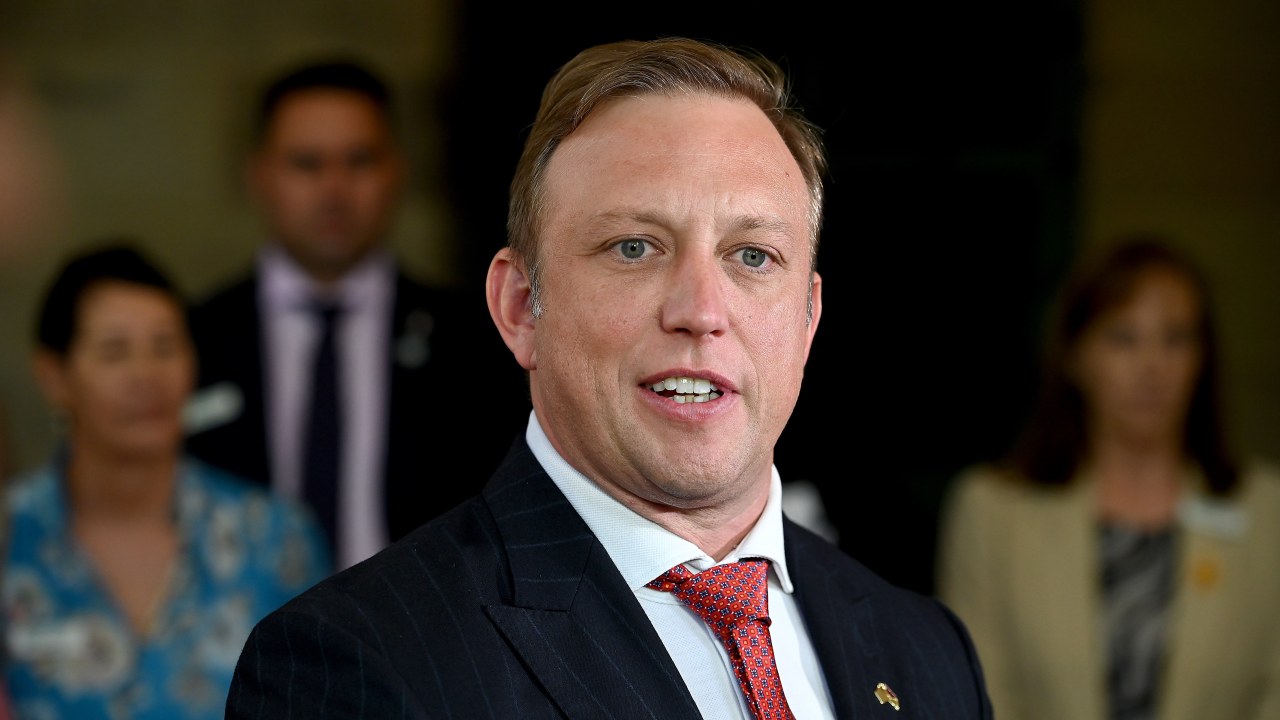About 5.7 million car owners in Queensland will have their vehicle registration fees slashed as the state government attempts to drive down cost-of-living pressures.
Queensland Premier Steven Miles on Saturday announced registration fees in the state will be cut by 20 per cent, in a move set to provide relief to millions of car owners.
The reduction will apply to all light vehicle registrations for a 12-month period, beginning September 16.
The measure will include the registration fee and traffic improvement fee for all light vehicles – regardless of the cars use.
It will also apply to motorcycles and trailers, with motorists expected to see the discount in registration renewal notices from 5 August.
The reduction will see a 12-month registration bill for a private use four-cylinder vehicle decrease by almost $85.
This is set to bring registration fees down to $338.75, excluding compulsory third party.
Meanwhile, when it comes to vehicles registered on a pensioner concession, the reduction will be nearly $5 and registration fees will be reduced to $194.50.
The government confirmed the reduction will apply in addition to existing concessions, with some motorists to receive up to 70 per cent off.
The move is part of a $435 million investment by the state government included in the upcoming state budget.
Mr Miles said in a statement he was “doing what matters to put money back in the pockets of Queenslanders”.
“This initiative will save the 5.7 million light car owners here in Queensland hundreds of dollars over the 12 months – dollars that could be spent on groceries, rent, the mortgage or put into savings,” he said.
He said the measure builds on $1,000 energy rebates going to every Queensland household and 50 cent public transport, which are initiatives he was “proud” to deliver.
“I said this budget would be firmly focused on cost-of-living relief for Queensland, and that’s what we’re delivering,” he said.
The announcement comes after the government put a freeze on registration costs in December last year.
While registration fees usually increase each year due to indexation, the freeze will mean there will be no increase to costs from July 1.
The state budget next week will also focus on the government’s flagship Energy and Jobs Plan.
The centrepiece of the plan is a controversial hydro pump project which was initially earmarked to cost $12 billion.
Mr Miles was asked how much he was prepared to cost on the pumped hydro project – which is set to be more than what was initially forecast – given he had knocked back a proposal for a $3.4 billion stadium ahead of the 2032 Olympic Games .
“A pumped hydro is the cheapest long-term way of delivering renewable energy when the sun isn’t shining and the wind isn’t blowing,” Mr Miles said during a media conference on Saturday.
“It is a investment that delivers a return – stadiums are quite the opposite – they have a high capital cost and a high operating cost.”

